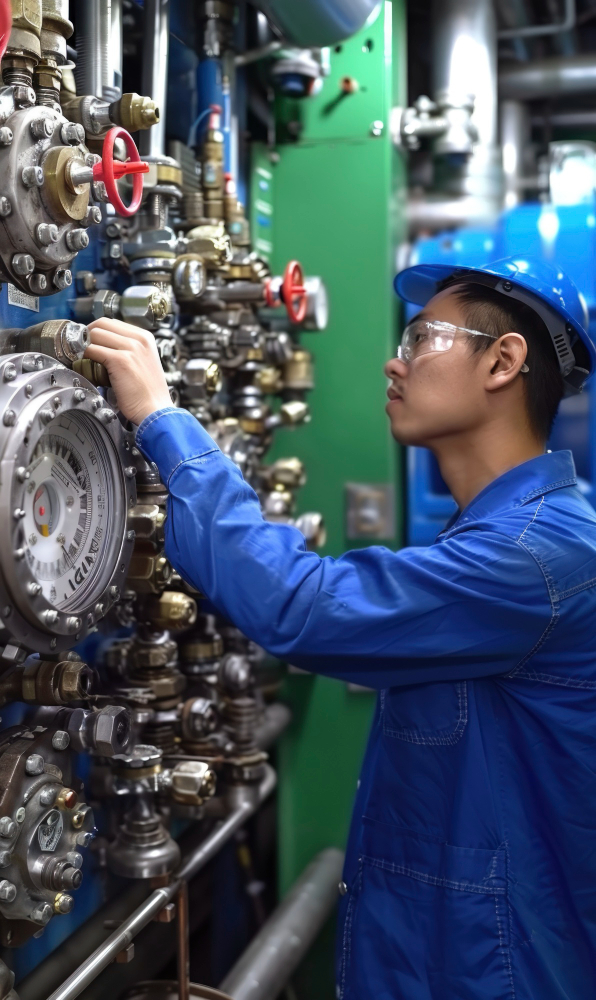In industries ranging from oil and gas to pharmaceuticals, mechanical seals play an essential yet often overlooked role. Whether it’s a pump, a compressor, or a mixer, a mechanical seal is what keeps fluids contained, machinery running smoothly, and the environment safe from leaks. Let’s dive into what mechanical seals are, how they work, and why they’re so critical to modern engineering.
Table of Contents
What is a Mechanical Seal?
A mechanical seal is a device that helps join systems or mechanisms together by preventing leakage. It forms a barrier between a rotating part (like a shaft) and a stationary part (like a housing) in machinery. Unlike traditional seals such as packing or gaskets, mechanical seals offer a high-performance, leak-free solution, even under extreme conditions of temperature, pressure, and speed.
How Does a Mechanical Seal Work?
A mechanical seal consists of two main components:
- A rotating seal face attached to the shaft.
- A stationary seal face attached to the housing.
When these two faces come into contact, they create a tight seal. A thin lubricating film (often the fluid being pumped) reduces friction and wear between the faces. Springs, elastomers, and metal components maintain the correct pressure and alignment. As the shaft rotates, the mechanical seal compensates for misalignments and vibration, ensuring a reliable seal.
Types of Mechanical Seals
There are several types of mechanical seals used in different applications:
- Single seals: Simple and cost-effective, used in less demanding environments.
- Double seals: Two sets of seal faces, often with a barrier fluid, for high-pressure or hazardous fluids.
- Cartridge seals: Pre-assembled units that simplify installation and reduce maintenance errors.
- Dry-running seals: Used in environments where no lubrication is available, such as in some chemical processes.
Why Are Mechanical Seals Important?
Leak Prevention: Mechanical seals significantly reduce or eliminate leaks, improving safety and reducing environmental risks.
Cost Savings: By preventing fluid loss and reducing downtime, mechanical seals contribute to operational efficiency and lower maintenance costs.
Equipment Longevity: Proper sealing protects bearings and other components from damage caused by fluid leakage.
Environmental Protection: In industries handling hazardous or corrosive fluids, mechanical seals play a vital role in minimizing emissions and contamination.
Applications of Mechanical Seals
Mechanical seals are used in a variety of equipment, including:
- Pumps in water treatment, chemical processing, and oil and gas.
- Compressors in refrigeration and gas transmission.
- Mixers and agitators in food, beverage, and pharmaceutical production.
Best Practices for Mechanical Seals
- Proper selection: Choose the right type of seal material and design for the fluid, temperature, and pressure conditions.
- Regular maintenance: Inspect seals for wear, leaks, and proper alignment.
- Use quality components: Invest in seals from reputable manufacturers to ensure durability and reliability.
- Monitor operating conditions: Keep an eye on temperature, pressure, and fluid characteristics to maintain optimal seal performance.
The Future of Mechanical Seals
Innovations such as advanced materials (e.g., ceramics, silicon carbide), non-contact seals, and smart monitoring technologies are shaping the next generation of mechanical seals. These advancements will further enhance reliability, reduce energy consumption, and improve safety across industries.



